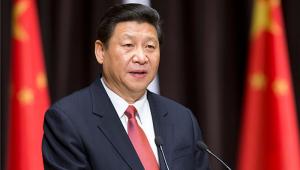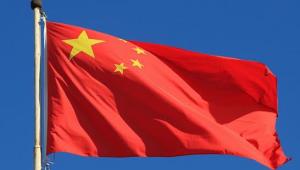This is according to the consultancy the Centre for Economics and Business Research (Cebr), which also calculated 56 countries will see their economies boosted by more than $10bn a year in 2040, in a report released yesterday on the project.
After China, the Cebr has predicted the US will be the largest single potential beneficiary in absolute terms – with a boost of 1.4% to US GDP - of the initiative even through it has not signed up to be part of it.
“This is because of the sheer size of the US economy, which means that it gains from the indirect effects of world GDP being boosted,” the consultancy noted.
The London-based analysts said the greatest proportional impacts will be felt by Mongolia, Pakistan, Kyrgyzstan and Russia.
Cebr Deputy Chairman Douglas McWilliams said: “This is a transformative economic project that will reshape the world’s geography by linking places that were previously unconnected. It will give a huge boost to the global economy not only through creating new infrastructure but more importantly by boosting trade.”
The scheme, championed by Chinese President Xi Jinping, involves infrastructure investments in 152 countries – not including the US. It aims to link China with Asia, the Middle East, Europe and Africa, through a network following the ancient Silk Road.
Media reports have suggested it will cost more than $1tn (£760bn), although there are differing estimates as to how much money has been spent to date.
Beijing has repeatedly defended the initiative against accusations of ‘debt trap diplomacy’, with some partner countries complaining they have been saddled with unsustainable costs.
Parts of the project already started include a 414-km railway between China and Laos and a $1.4bn ‘Port City’ in the Sri Lankan capital of Colombo. Some have been shelved for financial reasons, including a power plant in Pakistan and an airport in Sierra Leone, according to Reuters.
Western economies have largely tended to view the BRI with suspicion so far. But Cebr's report concluded it would be “highly likely” that Western Europe would become involved as the scheme gains momentum.
Earlier this year, the Italian government became the first G7 country to join the initiative, signing a non-binding agreement outlining $2.8bn worth of deals across various sectors, in a move criticised by Washington and Berlin.
Other recent European signatories include Greece and Portugal.
China has yet to signal whether it aims to set up a multilateral organisation to direct the BRI, or clarify how partners can air concerns.
An EU strategy document published in March saw the bloc describe Beijing as a “systemic rival”, breaking with its more guarded descriptions of the Asian economic power house in recent years.













